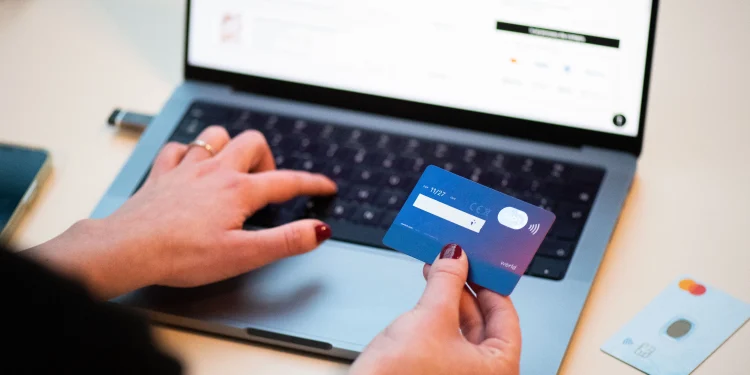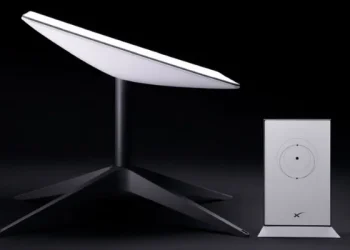I have always believed that access to technology should not be a luxury in Nigeria. Yet every time I walk into a store or browse online, I see gadgets priced far beyond what the average person can pay up front. It is not that Nigerians do not want to buy these products. The real problem is that our credit ecosystem has not matured enough to support flexible, responsible purchasing.
When I look at how the Buy Now, Pay Later (BNPL) model works in the United States, I see a clear path forward for us. Platforms like Affirm, Klarna and Afterpay allow people to split payments into manageable instalments without drowning in high interest rates. It is a simple idea, but its impact is enormous: people buy more, upgrade more often and, most importantly, access tools that help them work, learn and build.
Nigeria’s gap in consumer credit
In Nigeria, poor credit infrastructure makes it difficult for both consumers and retailers. Many people do not have formal credit histories. Banks rely heavily on collateral. Fintechs are doing their best, but they still struggle with inconsistent data, high default risks and a fragmented identity system.
What this means in practice is that most Nigerians pay upfront for everything, from entry-level smartphones to work laptops. It creates a digital divide, not because people are unwilling to pay, but because they cannot spread payments the way consumers in developed markets do.
What BNPL could change
If Nigeria builds a more reliable credit scoring system and strengthens identity verification, BNPL can scale quickly. The benefits are immediate:
-
People can buy essential tech, like laptops for school or smartphones for business, without wrecking their savings.
-
Retailers can sell more devices because affordability barriers drop.
-
Manufacturers and telecom companies can push bundled device-plus-data plans, similar to the US model.
-
Young people, especially students and small business owners, gain access to productivity tools that directly impact their income.
For many Nigerians, a single smartphone is more than a leisure device; it is a bank, a work tool and a gateway to opportunity. Giving people structured access to technology strengthens the entire economy.
Learning from the US BNPL success
The reason BNPL works in the US is not because of the payment plans alone. It works because the backbone (credit reporting, consumer protection laws, identity systems and data-sharing frameworks) is strong. Everyone in the chain benefits from trust and transparency.
If Nigeria can replicate even part of that foundation, BNPL will evolve from a small fintech experiment into a national driver of digital inclusion. We have the population, the demand and the entrepreneurial energy. What we need now is a system that helps people afford what truly moves them forward.
A future where tech is within reach
I imagine a Nigeria where people do not have to struggle for months to buy a laptop for school, where creators can upgrade their devices without breaking their budget and where tech adoption grows because payment is no longer a barrier.
An effective credit system will not just help people buy gadgets; it will help them participate fully in the digital economy. And in a country as ambitious as ours, that shift is long overdue.
















